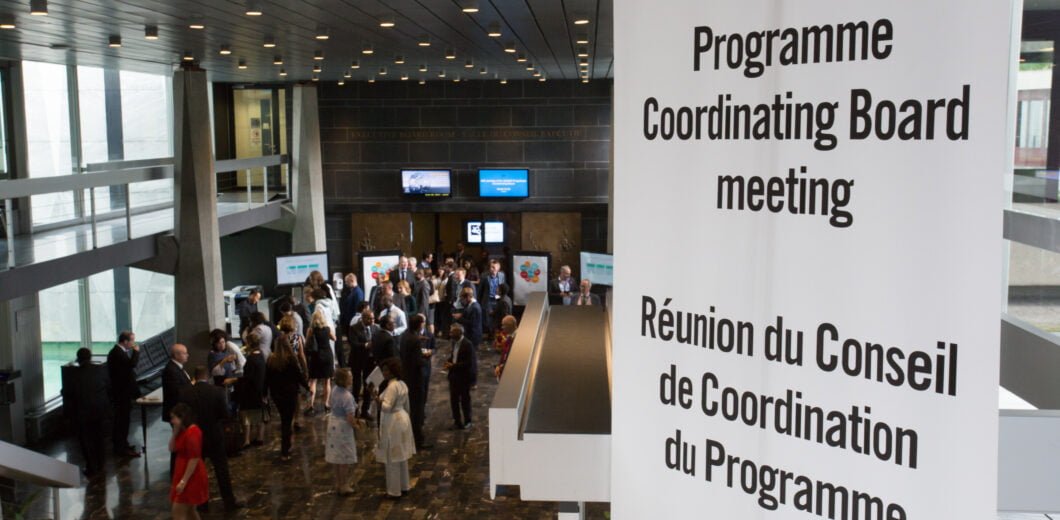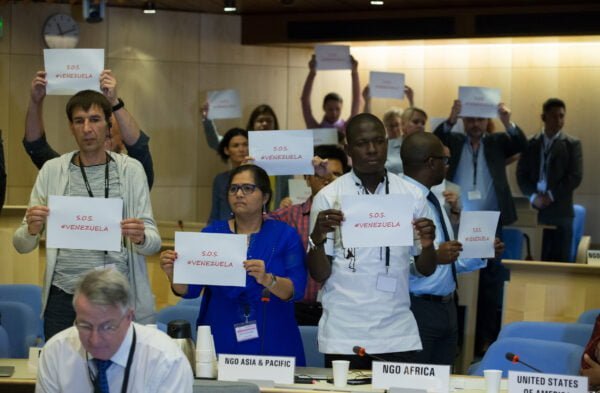Thank you Chair.
Recognizing the urgent need to face the “challenge of change” together at this tempting moment, the NGO Delegation supports the EXD’s report and recognises his extra-ordinary leadership in the response.
Characterized by partnership, innovation and activism, as communities, we are the living face to the AIDS journey.
The global solidarity has served to register these gains, 18.2 million people on treatment, 60% reduction in new infections among children, increased recognition of the role of communities in the HIV response.
A new plan of action, a revised operating model and #TheUNAIDSweneed, is that which will not let down people. A strong, visionary, well–resourced Joint Program that won’t only exist to survive, but will serve to work with communities, including those left behind.
The new operating model should, then, be stronger in highlighting the role of civil society, communities and key populations in the HIV response. It should also ensure that there is a clear engagement strategy across the joint program for communities including people living with HIV, young women and girls, gay men and men who have sex with men, people who use drugs, sex workers and transgender people. This strategy must avail of the necessary tools and resources for communities to engage with relevant stakeholders especially at country level. Madam First Lady, we applaud you for your demonstrable contribution to the HIV response, and the strong message on zero discrimination. Zero discrimination is not negotiable. You are a leader who gets results for communities. We also appreciate interventions crystallizing the role of communities and the need to have communities at the center, that have been made by Portugal, Germany, Sweden, and United Kingdom and the delegations they represent.
As a game changer, we contend that the active maintenance of civil society as an independent and key actor in the AIDS response should be an explicit goal of any financing system in the proposed plan of action.
We are outraged that:
• 18 Million more people are waiting for treatment
• In the past hour 125 people died of AIDS related causes
• 240 people were newly infected with HIV
• We are failing young women and adolescent girls
• Men are not accessing testing and services
• Men are not accessing testing and services, key populations are still marginalized and driven to margins of society
• There is growing inequality/gap and vulnerability in South Sudan, Venezuela, West and Central Africa amongst migrants from the Mediterranean region as well as indigenous people and the underlying factors driving these inequalities.
#TheUNAIDSWeNeed leaves no one behind.

